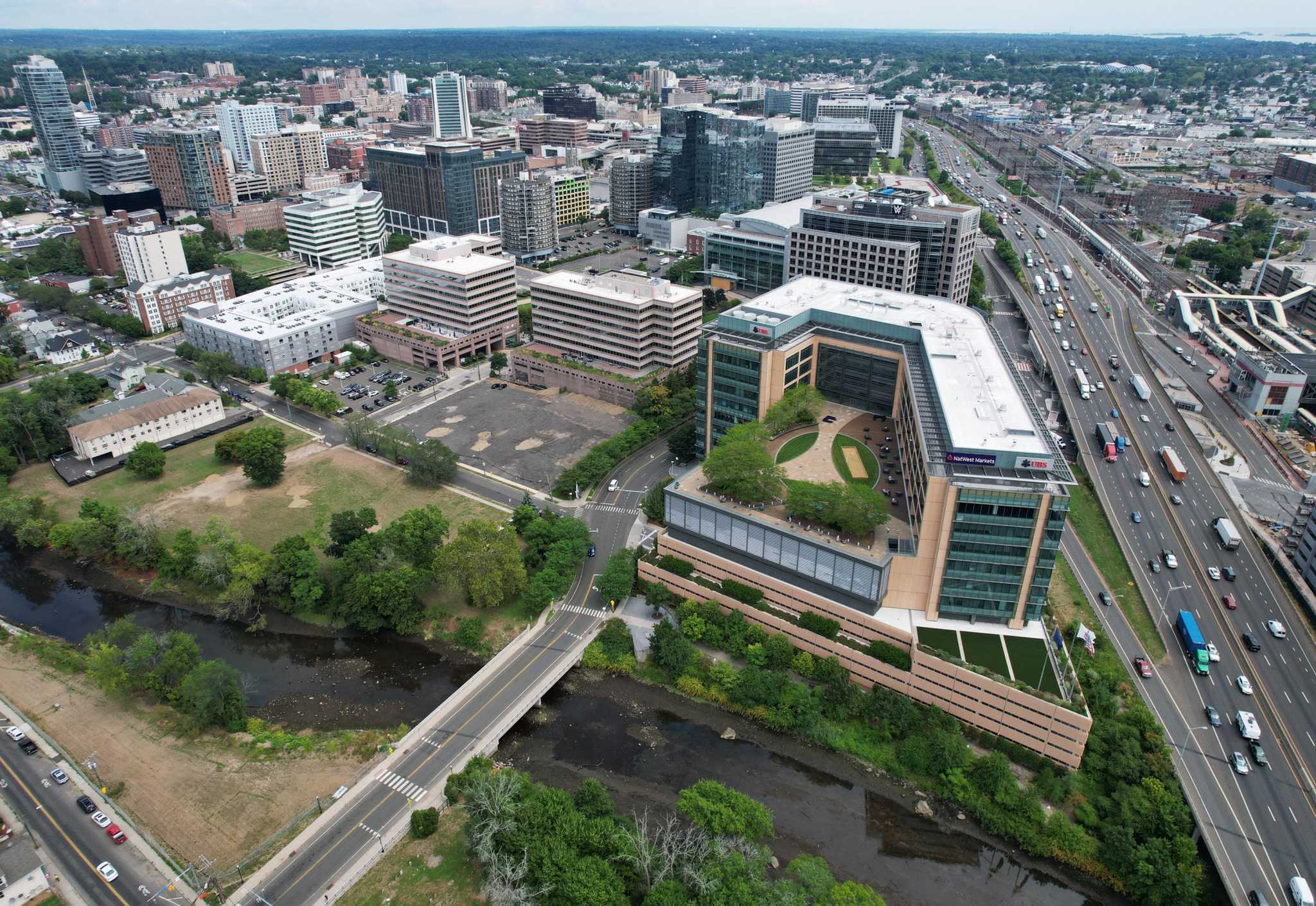
Changes in office space market in Connecticut wrought by the COVID-19 pandemic have left the sector vulnerable for a downturn in the coming months, a group commercial real estate experts said at a recent panel.
“In a lot of asset classes, it has pivoted,” Condon said of the commercial real estate sector. And in the case of large chunks of Connecticut’s office market, that pivot has been a turn for the worse, she said.
Condon assists clients in commercial real estate matters. Day Pitney has Connecticut offices in Greenwich and Hartford.
“We’re going to see some pain down the road for sure,” she said of Connecticut’s office space market. “But I don’t think office space is dead by any means.”
Condon said she doesn’t expect a majority of companies to return to five-day-a-week schedules.
“Companies want to be able to retain young talent,” she said. “But you still have to train that talent somewhere, so offices are not going to disappear.”
Dianne Crocker is a principal analyst with Lightbox, a company that provides research and data for companies in the commercial real estate sector. Crocker said downtown office buildings “that are not up to snuff are going to be a real disadvantage.”
Jay Marshall, a principal in the Fairfield/Westchester office of the Canadian real estate advisory firm Avison & Young, Marshall is based out the company’s Norwalk office and he said 30 percent office space in the state is outdated.
That makes it difficult for the owners of those outdated office building attract new tenants when competing against Class A office space, according to Marshall. Class A office space is defined as the most prestigious buildings with the most amenities.
While Connecticut office space market is facing challenges, Condon said one niche of the retail space market that is thriving is the fast food and casual dining segment.
“The pandemic changed the way we eat,” she said.”People are switching away from from cooking and food shopping. I have six or seven leases on my desk right now that I’m reviewing which are from that part of the restaurant sector.”
Marshall said the pandemic “has really changed the whole nature of our society.”
Michael DiScala, president and chief executive officer of the Norwalk-based real estate investment banking firm M.F. DiScala & Co. said conditions aren’t ideal for commercial property developers.
“Right now it takes between two and five years to get all the necessary approvals,” DiScala said. “And there is uncertainty about interest rates: To build any building right now is risky. It’s not the prices that are slowing things down, it’s the uncertainty.”
While the office space market in Connecticut is facing uncertainty, Condon said the industrial real estate market, specifically the warehousing sector, has gotten stronger. The market for new warehouse space in the state “is on fire.” she said.
DiScala described Connecticut’s industrial real estate market as “robust, although not as robust as it should be.”
“There’s not a lot of vacancy right now,” he said.
Guido Petra, president of Petra Construction in North Haven, said the demand for new construction and expansion of existing properties is strong. His firm doing a large expansion at the Parker-Hannafin manufacturing facility on Defco Park Road in North Haven, he said.
“The good news is my colleagues and I are all very busy,” Petra said. “Our backlog is the biggest in the history of our company.”
Part of the reason for that backlog, he said, “is that we can not get enough skilled people to work.”
This post was originally published on this site be sure to check out more of their content.















